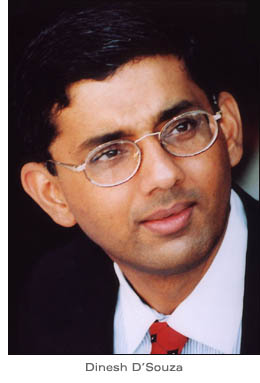(Posted on my Facebook)
Went to Canyon Country Edwards last night to see the box office #1 movie (update, dropped to 4th): 2016: Obama’s America. A high recommend!
One of the producers for this movie, Gerald R. Molen, produced: Rain Man, Minority Report, Schindler’s List, Jurassic Park, and Days of Thunder to name a few of his bigger movies.
I didn’t realize Shelby Steele was in the documentary, this was a pleasant surprise. Something Steele mentioned about why some people voted for Obama brought to mind a section in David Mamet’s book that I will quote in its full context, but know that the last sentence is the main point (Remember that Mamet either wrote, produced, or directed some of these hits: Glengarry Glen Ross, The Untouchables, Hannibal, House of Games, American Buffalo):
—————————————————
One might say that the politician, the doctor, and the dramatist make their living from human misery; the doctor in attempting to alleviate it, the politician to capitalize on it, and the dramatist, to describe it.
But perhaps that is too epigrammatic.
When I was young, there was a period in American drama in which the writers strove to free themselves of the question of character.
Protagonists of their worthy plays had made no choices, but were afflicted by a condition not of their making; and this condition, homosexuality, illness, being a woman, etc., was the center of the play. As these protagonists had made no choices, they were in a state of innocence. They had not acted, so they could not have sinned.
A play is basically an exercise in the raising, lowering, and altering of expectations (such known, collectively, as the Plot); but these plays dealt not with expectations (how could they, for the state of the protagonist was not going to change?) but with sympathy.
What these audiences were witnessing was not a drama, but a troublesome human condition displayed as an attraction. This was, formerly, known as a freak show.
The subjects of these dramas were bearing burdens not of their choosing, as do we all. But misfortune, in life, we know, deserves forbearance on the part of the unafflicted. For though the display of courage in the face of adversity is worthy of all respect, the display of that respect by the unaffected is presumptuous and patronizing.
One does not gain merit from congratulating an afflicted person for his courage. One only gains entertainment.
Further, endorsement of the courage of the affliction play’s hero was not merely impertinent, but, more basically, spurious, as applause was vouchsafed not to a worthy stoic, but to an actor portraying him.
These plays were an (unfortunate) by-product of the contemporary love-of-the-victim. For a victim, as above, is pure, and cannot have sinned; and one, by endorsing him, may perhaps gain, by magic, part of his incontrovertible status. ~ David Mamet









